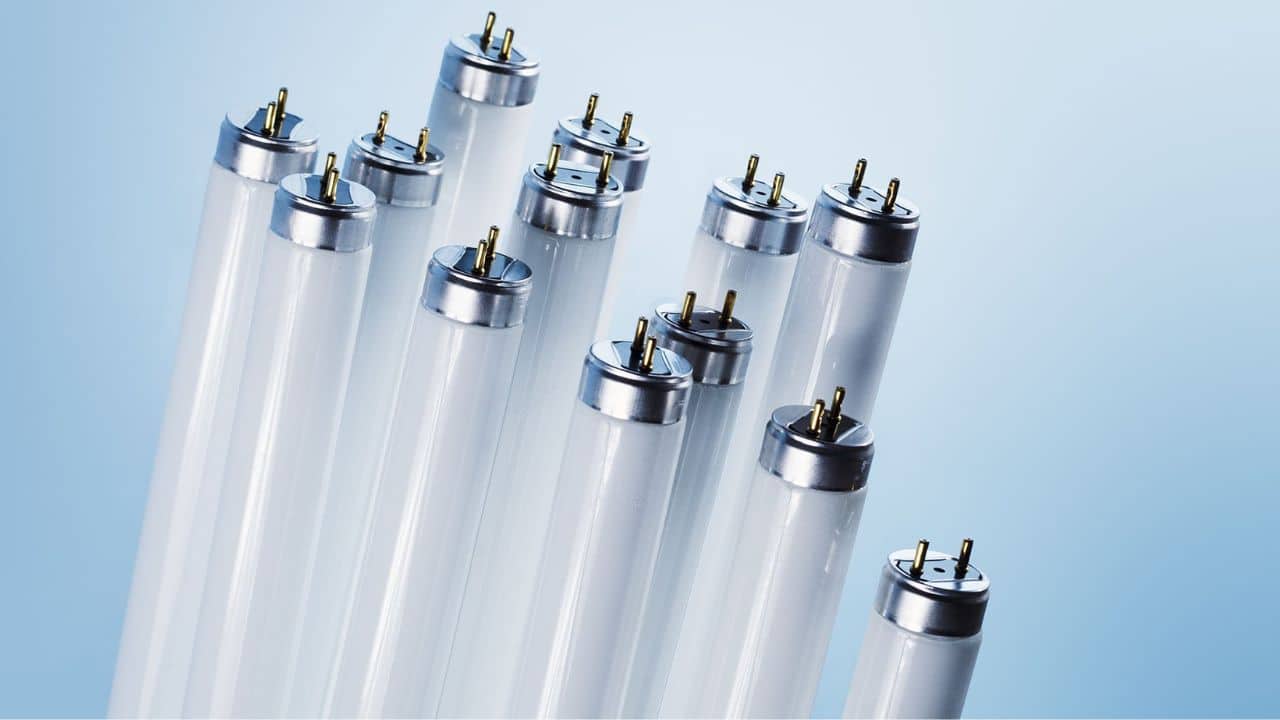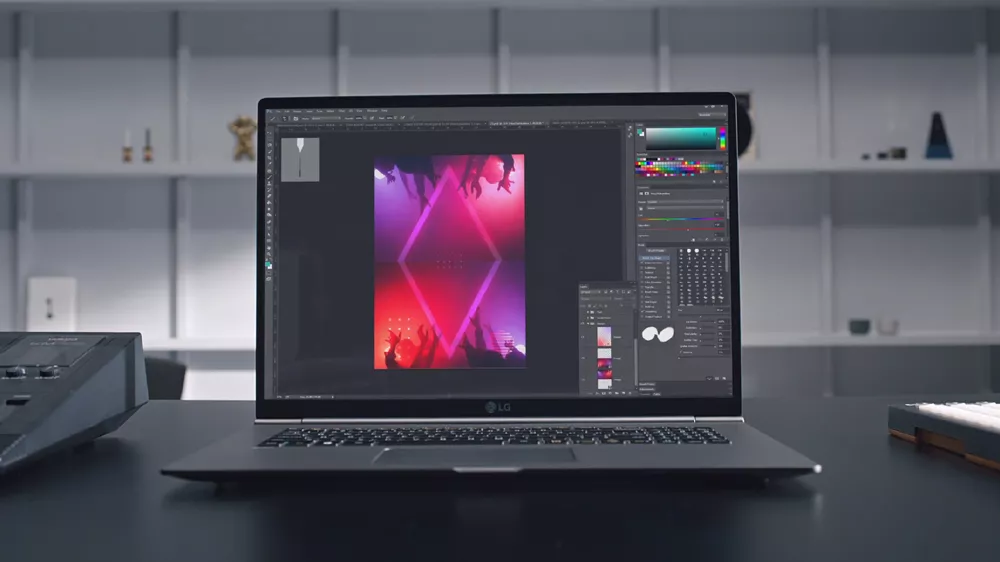Vinyl flooring, with its versatility, resilience, and affordability, has graced the floors of countless homes and businesses.
Yet, beneath the surface of these stylish tiles lies a crucial element that determines their longevity and aesthetic appeal: the adhesive.
Understanding and selecting the suitable adhesive for your vinyl flooring project is akin to building a solid foundation for a lasting and beautiful transformation.
This article answers the question, ‘What’s the Best Type of Adhesive for Vinyl Floors?’ and also revealed other types of adhesive.
Table of contents
- What are the Types of Adhesives?
- Types of Adhesives Based on Curing Mechanism
- What’s the best type of adhesive for vinyl floors?
- What to Consider When Choosing the Right Adhesive
- What are the best Installation Tips
- Best Spray Adhesive for Vinyl Flooring
- What Glue to Use for Vinyl Flooring
- FAQs
- Conclusion
- References
- Recommendations
What are the Types of Adhesives?
In vinyl flooring adhesives, two primary categories reign supreme: water- and solvent-based adhesives. Each possesses unique characteristics, catering to specific needs and preferences.
Water-based adhesives
Water-based adhesives are championed for their environmentally friendly nature and low odor emissions. Their low VOC (volatile organic compound) content makes them a safer choice for indoor environments.
Water-based adhesives offer easy cleanup, making them a popular choice for DIY enthusiasts. However, their moisture sensitivity may limit their suitability for specific vinyl flooring or subfloors.
Read ALSO: How Drywall Works | Full Guide and Details
Solvent-based adhesives
Solvent-based adhesives, on the other hand, boast superior bonding strength and rapid drying times. Their resilience against moisture expands their applicability to a wider range of vinyl flooring materials and subfloor conditions. However, their higher VOC emissions require adequate ventilation during use, making them less appealing for those with environmental concerns.
Adhesives are substances applied to the surfaces of two materials to bind them together.
They are used in various applications, including construction, manufacturing, and packaging. There are many types of adhesives, each with unique properties and applications.
Hot melt adhesives:
These adhesives are solids at room temperature but melt when heated. They are applied to the molten substrates and form a bond as they cool. Hot melt adhesives are often used for packaging and assembly applications.
Reactive adhesives:
These adhesives undergo a chemical reaction when mixed or exposed to heat or light. The reaction cures the adhesive and forms a strong bond.
Reactive adhesives are often used for structural applications, such as bonding metal components in aircraft and cars.
Types of Adhesives Based on Curing Mechanism
- Pressure-sensitive adhesives: These adhesives form a bond immediately upon contact with the substrate. They are typically used for applications where repositioning is required, such as tape and labels.
- Hard-set adhesives: These adhesives require a curing period before they form a strong bond. They are typically used for applications requiring a strong bond, such as bonding structural components.
- Two-part adhesives: These adhesives consist of two components that must be mixed before being used. The two components react to cure the adhesive and form a strong bond. Two-part adhesives are often used for high-performance applications.
What’s the best type of adhesive for vinyl floors?
The best type of adhesive for vinyl floors depends on the application and the type of vinyl flooring installed. Here is a general guide to the best types of adhesives for different types of vinyl floors and applications:
For sheet vinyl:
- Water-based adhesive: This is the most common adhesive for sheet vinyl. It is easier to use and clean up and less environmentally harmful than solvent-based adhesives. However, water-based adhesives are not suitable for use in moisture-prone areas.
- Solvent-based adhesive: This adhesive is more vital than water-based adhesive and can be used in moisture-prone areas. However, solvent-based adhesives emit fumes that can harm health, so they should only be used in well-ventilated areas.
Luxury vinyl tile (LVT):
- Pressure-sensitive adhesive: This type of adhesive is easy to use and allows for repositioning of the tiles. It is a good choice for DIY installations.
- Hard-set adhesive: This adhesive is more vital than pressure-sensitive adhesive and is a better choice for high-traffic areas. However, hard-set adhesives require a longer curing time and are more challenging to work with.
For vinyl composition tile (VCT):
- Acrylic-based adhesive: This is the most common type of adhesive for VCT. It is easy to use and clean up and is resistant to moisture and chemicals.
- Urethane-based adhesive: This adhesive is stronger than acrylic-based adhesive and is a good choice for high-traffic areas. However, urethane-based adhesives are more expensive and more difficult to work with.
What to Consider When Choosing the Right Adhesive
Selecting the appropriate adhesive for your vinyl flooring project is a journey guided by several factors:
Type of vinyl flooring:
Different materials may require specialized adhesives tailored to their specific backing systems. For instance, luxury vinyl tile (LVT) may demand an adhesive designed for its unique backing material.
Subfloor condition:
The subfloor, the foundation upon which the vinyl flooring is installed, plays a pivotal role in adhesive selection. Moisture-prone subfloors necessitate a moisture-resistant adhesive, while uneven subfloors may require a leveling compound before adhesive application.
Traffic level:
Areas subjected to high foot traffic demand a stronger adhesive to withstand wear and tear.
Personal preferences:
Consider your comfort level with solvent-based adhesives and your preferences for ease of application and repositionability.
Read Also: How to Paint Galvanized Metal in Simple Steps | Picture Guide
What are the best Installation Tips
Proper installation techniques are the cornerstone of a long-lasting and aesthetically pleasing vinyl floor. Here are some essential tips to ensure a successful installation:
Subfloor preparation:
Ensure the subfloor is clean, dry, and level. Repair any cracks or imperfections to provide a smooth and stable base for the adhesive.
Adhesive application:
Follow the manufacturer’s instructions carefully. Use a trowel to spread the adhesive evenly over the subfloor, ensuring adequate coverage without excessive thickness.
Tile placement:
Carefully lay the vinyl tiles onto the adhesive, maintaining proper alignment and spacing. Use spacers to ensure consistent gaps between tiles.
Rolling:
Employ a heavy roller to apply pressure and firmly adhere the tiles to the subfloor. This step is crucial for maximizing bonding strength and preventing tile movement.
Adhesive curing:
The adhesive can cure fully according to the manufacturer’s instructions. Avoid moving furniture or walking on the floor until the curing process is complete.
Read Also: How to Do Home Electrical Repairs on Your Own: Full Guide
Best Spray Adhesive for Vinyl Flooring
The best spray adhesive for vinyl flooring depends on the application and the type of vinyl flooring installed. However, some of the most popular and well-reviewed spray adhesives for vinyl flooring include:
- 3M 90 Hi-Strength Spray Adhesive: This versatile adhesive can be used with various materials, including vinyl flooring. It is strong, durable, and easy to use.
- Gorilla Ultimate Spray Contact Adhesive: This high-strength adhesive is ideal for bonding vinyl flooring to subfloors. It is also water-resistant and can be used in high-traffic areas.
- DAP Rapid Grip Contact Cement: This quick-drying adhesive is easy to use. It is also strong and durable, making it a good choice for bonding vinyl flooring to subfloors.
- Elmer’s Spray-On Adhesive: This water-based adhesive is safe and easy to use. It is a good choice for bonding vinyl flooring to porous materials like wood and cork.
- Rust-Oleum Tough & Clear Spray Adhesive: This is a clear adhesive ideal for bonding vinyl flooring to transparent materials, such as glass and acrylic. It is also water-resistant and can be used in high-traffic areas.
When choosing a spray adhesive for vinyl flooring, read the instructions carefully and follow all safety precautions. Testing the adhesive on a small vinyl flooring area is also important before applying it to the entire floor.
What Glue to Use for Vinyl Flooring
The best glue for vinyl flooring depends on the application and installed type. Here is a general guide to the best types of bonds for different types of vinyl floors and applications:
For sheet vinyl:
- Water-based adhesive: This is the most common type of glue for sheet vinyl. It is easier to use and clean up and less environmentally harmful than solvent-based adhesives. However, water-based adhesives are not suitable for use in moisture-prone areas.
- Solvent-based adhesive: This type of glue is more vital than water-based adhesive and can be used in moisture-prone areas. However, solvent-based adhesives emit fumes that can harm health, so they should only be used in well-ventilated areas.
Luxury vinyl tile (LVT):
- Pressure-sensitive adhesive: This glue is easy to use and allows for repositioning of the tiles. It is a good choice for DIY installations.
- Hard-set adhesive: This type of glue is more vital than pressure-sensitive adhesive and is a better choice for high-traffic areas. However, hard-set bonds require a longer curing time and are more challenging to work with.
For vinyl composition tile (VCT):
- Acrylic-based adhesive: This is the most common type of glue for VCT. It is easy to use and clean up and is resistant to moisture and chemicals.
- Urethane-based adhesive: This type of glue is more vital than acrylic-based adhesive and is a good choice for high-traffic areas. However, urethane-based adhesives are more expensive and more challenging to work with.
Read Also: How to Repair an Oven: Tips and Guidelines
FAQs
Adhesives based on acrylic are highly effective and robust when adhering to vinyl flooring. Adhesives made of acrylic can withstand heat, temperature changes, and moisture without becoming brittle.
Gorilla Glue’s manufacturers claim that using it on vinyl floors isn’t recommended. Gorilla Glue is water-activated, and it works best to glue ceramic, metal, foam, glass, stone, and wood together because of its polyurethane formula. It won’t function properly on vinyl flooring because of this.
Since liquid nails are used to fasten baseboards, wainscoting, and other similar items in place, you should never use them on vinyl flooring. They could dry up and fracture, so they’re not a long-term fix. Liquid nails, however, can be useful if you only want to fix your loose vinyl floor.
Likely, your vinyl tiles won’t adhere to the floor well if the space is hot or chilly. Additionally, avoid adhering them to a wet surface to ensure firm contact between the adhesives and the floor.
Conclusion
Selecting the right adhesive for your vinyl flooring journey is an investment in durability, aesthetics, and overall satisfaction. By understanding the different types of adhesives, considering the specific requirements of your project, and following proper installation techniques, you’ll transform your vinyl flooring into a masterpiece that will grace your home or business for years to come.





